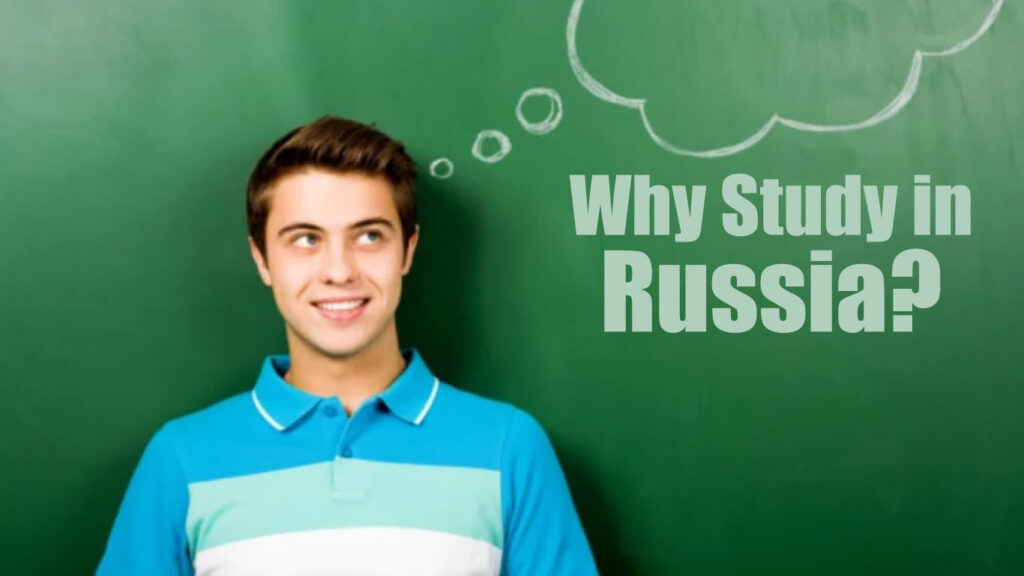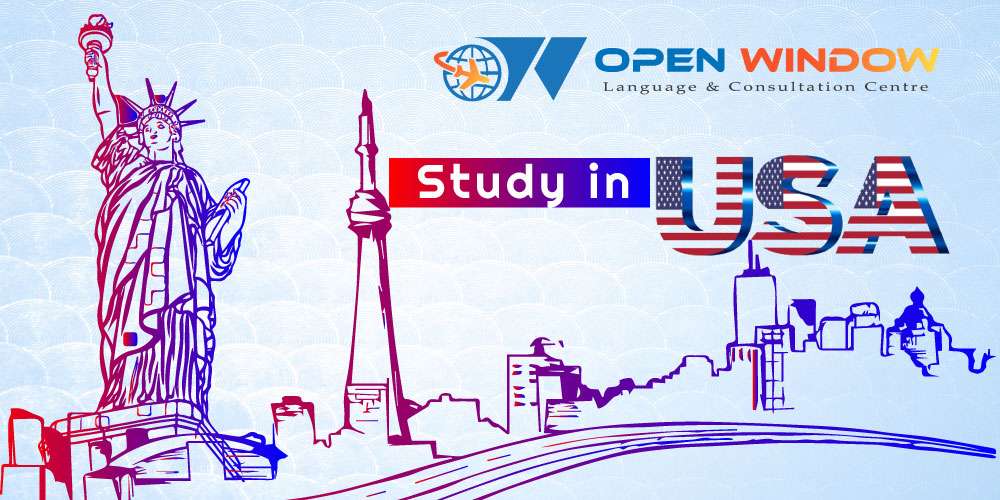Study in Russia
Russia offers a world-class education, particularly in science, technology, engineering, and medicine (STEM), at a cost that is often much lower than in Western countries. With a rich academic heritage and modern, research-focused universities, it’s a compelling destination for international students. This guide covers the benefits, application process, and key considerations for your academic journey in Russia.

Why study in Russia?
Academic Excellence & Prestige: Russian universities have a long history of academic achievement and are featured in global rankings. They are particularly renowned for their strong programs in Physics, Natural Sciences, Engineering, and Medicine.
Exceptional Affordability: Compared to North America and Western Europe, Russia offers high-quality education at a fraction of the cost. Tuition fees are highly competitive, and living expenses are manageable, especially outside of Moscow and St. Petersburg.
Generous Government Scholarships: The Russian government actively encourages international students by offering a significant number of state-funded spots. For the 2025 academic year, Russia has allocated approximately 30,000 scholarships for foreign citizens. These scholarships often cover full tuition, a maintenance allowance, and sometimes a place in a student dormitory.
Modern Facilities: Russian universities have invested heavily in modernizing their campuses. You’ll find state-of-the-art laboratories, research centers, and comfortable dormitories designed to support your academic and personal growth.
The Application Process 📝
Applying to a Russian university involves a clear set of steps. You can apply through the official government scholarship portal or directly to the universities of your choice.
Key Application Pathways
- Russian Government Scholarship: This is the most popular route for a state-funded spot. Applications are submitted through the official Education-in-Russia.com website (managed by Rossotrudnichestvo). This is a single application for up to six universities.
- Direct University Application: You can also apply directly to universities via their websites. This is common if you are self-funding or if the scholarship deadline has passed.
Required Documents
You’ll generally need the following documents for your initial application. Always check the specific requirements of your chosen university and program.
- A completed application form.
- A scanned copy of your passport (must be valid for at least 18 months after your planned arrival).
- Copies of your academic transcripts and diplomas (e.g., high school certificate for Bachelor’s, Bachelor’s degree for Master’s).
- A medical certificate confirming you are fit to study, including an HIV/AIDS test result.
- Photographs (passport-sized).
Crucial Note: All documents must be translated into Russian and the translations must be notarized. Depending on your country, your educational documents may also need to be legalized (e.g., with an Apostille stamp).
English Proficiency
If you’re applying for a program taught in English, you will likely need to prove your proficiency with a certificate like IELTS or TOEFL. Some universities may conduct their own online interview or test instead.
Application Timeline
Deadlines vary significantly, so it’s essential to plan ahead.
- Government Scholarship Applications: The window is typically from September to February for the academic year starting the following September.
- Direct University Applications: The window for self-funded students is usually from March to July.
Costs & Finances 💸
Tuition Fees
Tuition in Russia is very reasonable. The final cost depends on the program and university.
- Bachelor’s Degrees: Approximately 200,000–600,000 RUB ($2,100 – 6,300 USD) per year.
- Master’s Degrees: Approximately 220,000–500,000 RUB ($2,300 – 5,250 USD) per year.
- Specialist & Medical Degrees: Approximately 220,000–750,000 RUB ($2,300 – 7,900 USD) per year.
Living Expenses
Living costs are low, though they vary by city. A monthly budget of 30,000–50,000 RUB ($315 – $525 \text{ USD}) is generally sufficient for most students.
- Accommodation (Dormitory): 500–5,000 RUB/month (heavily subsidized).
- Accommodation (Private Rent): 15,000–35,000 RUB/month.
- Food & Groceries: 12,000–15,000 RUB/month.
- Transport Pass (Student): ~450 RUB/month in Moscow.
- Internet & Mobile: ~800 RUB/month.
Living and Working in Russia
Working While Studying
Good news! The rules for international students have been simplified.
As a full-time student at a state-accredited university, you are allowed to work part-time during your studies without needing a separate work permit. This allows you to gain valuable experience and supplement your income, as long as it doesn’t interfere with your studies.
Staying After Graduation
Russia has made it easier for talented graduates to stay and work in the country. Graduates from state-accredited Russian universities can apply for a Temporary Residence Permit for the Purpose of Work (RVPR). This permit is granted without regard to the usual government quotas, providing a direct pathway to start your career in Russia after finishing your degree.
Russia at a Glance ✈️
| Course Duration | Intake | Application Fee | Requirements |
| 4 Years (Bachelor’s) 2 Years (Master’s) | September | Varies (often free to ~$75 USD) | Competitive (varies by university and program) |
| Language Proficiency | Tution Fee (Yearly) | Living Cost (Yearly) | Visa Application |
| IELTS/TOEFL for English programs; waiver possible | ~$2,000 to $8,000 (USD) | ~$4,000 to $7,000 (USD) | ~$80 USD (for single-entry, subject to change) |
| Air Ticket | Processing Time | Part Time Work | Post Study Work Permit |
| ~60,000 to 90,000 (BDT) | Invitation + Visa: 2-4 months | Permit not required for full-time students | Simplified residence permit for graduates Export to Sheets |
Our Affiliated University List
| Sl | University Name | Address |
|---|---|---|
| 01 | Lomonosov Moscow State University (MSU) | Moscow |
| 02 | Bauman Moscow State Technical University (BMSTU) | Moscow |
| 03 | National Research University Higher School of Economics (HSE) | Moscow |
| 04 | Moscow Institute of Physics and Technology (MIPT) | Dolgoprudny |
| 05 | Sechenov University (First Moscow State Medical University) | Moscow |
| 06 | Moscow Power Engineering Institute (MPEI) | Moscow |
| 07 | National Research University of Electronic Technology (MIET) | Moscow |
| 08 | Peoples’ Friendship University of Russia (RUDN) | Moscow |
| 09 | Plekhanov Russian University of Economics | Moscow |
| 10 | Mendeleev University of Chemical Technology | Moscow |
| 11 | Moscow State University of Civil Engineering | Moscow |
| 12 | Moscow Aviation Institute (MAI) | Moscow |
| 13 | Moscow Automobile and Road Construction State Technical University (MADI) | Moscow |
| Saint Petersburg | ||
| 14 | Saint Petersburg State University (SPbU) | St. Petersburg |
| 15 | Peter the Great St. Petersburg Polytechnic University (SPbPU) | St. Petersburg |
| 16 | Information Technologies, Mechanics & Optics University (ITMO) | St. Petersburg |
| 17 | Saint Petersburg Electrotechnical University “LETI” | St. Petersburg |
| 18 | Saint-Petersburg State University of Economics (UNECON) | St. Petersburg |
| 19 | Saint Petersburg State Forest Technical University | St. Petersburg |



